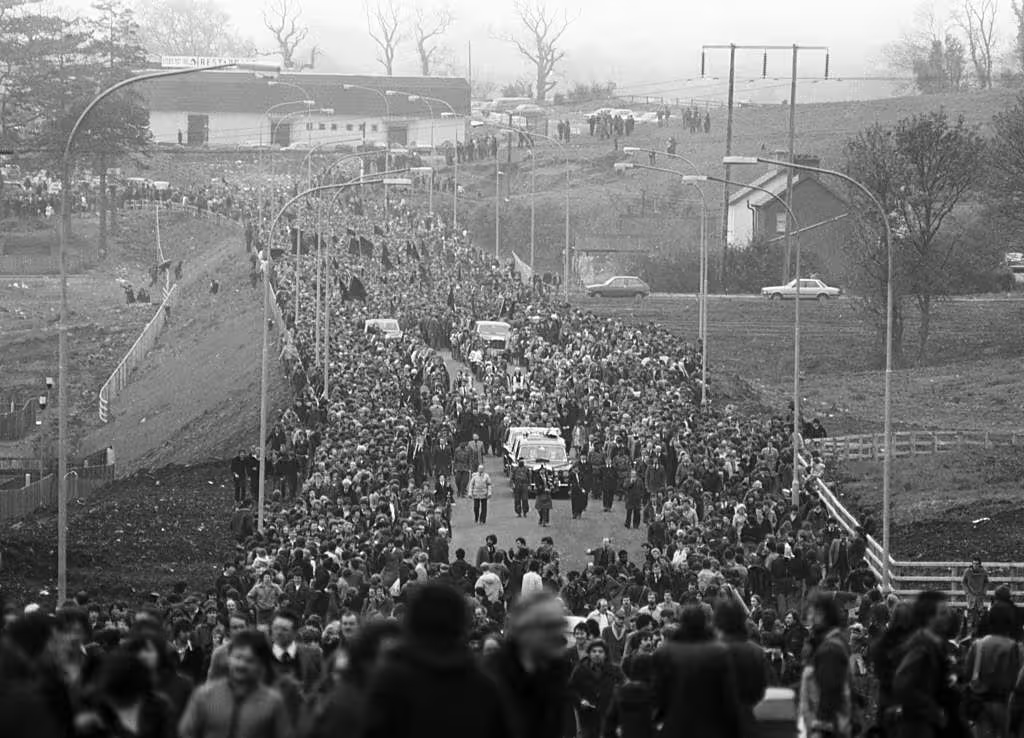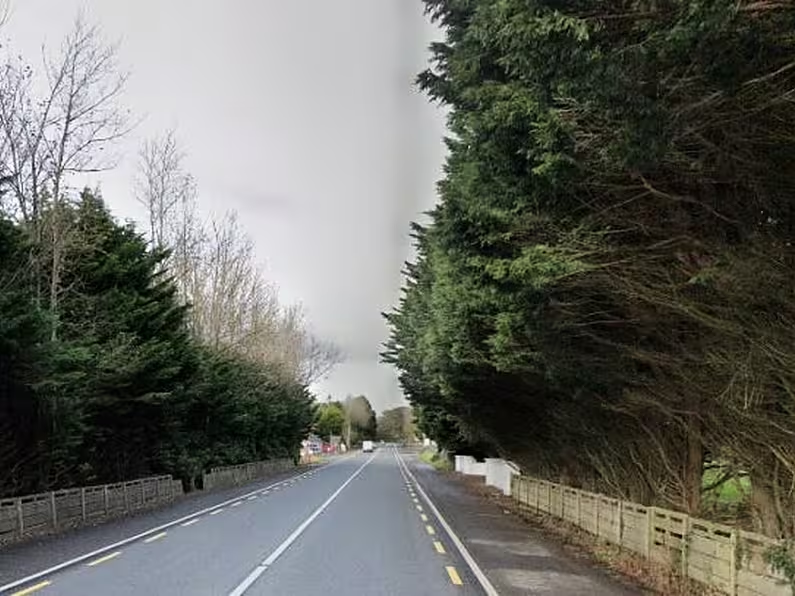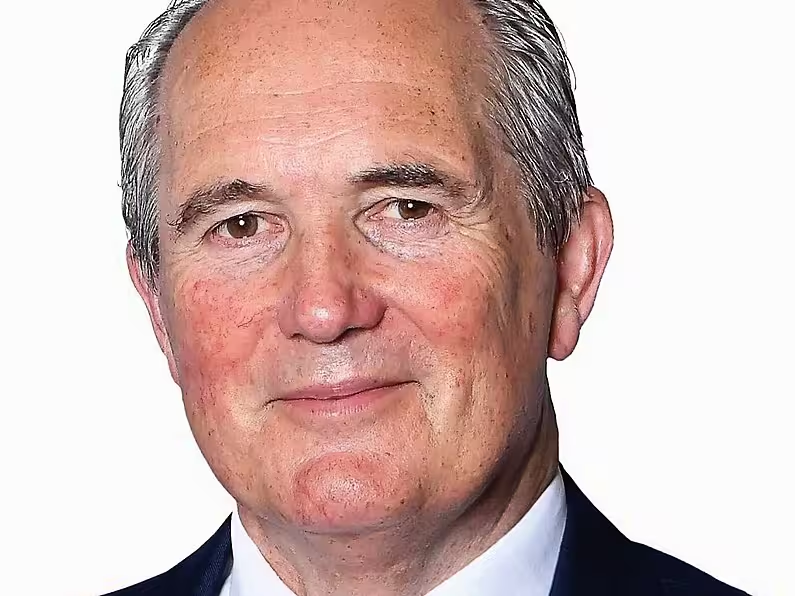Sarah Slater
A hunger strike which lasted 66 days resulted in the death today 40 years ago of one of the most internationally-prominent Irish republican prisoners, Bobby Sands.
On May 5th, 1981, Sands died in the H-Block prison hospital at Long Kesh, the Maze prison outside Belfast. Sands was elected a Member of Parliament for Fermanagh/South Tyrone while he was jailed.
He embarked on the fatal hunger strike while imprisoned for activities related to the IRA’s armed campaign against the British government.
Sands’ childhood, which included several assaults by unionist paramilitaries and local Protestant gangs, led to his decision to volunteer for the IRA in 1972.
The 27-year-old was the first of 10 hunger strikers to die in the struggle over the UK’s attempted criminalisation of what the republican’s described as their struggle for political freedom.

A general view of the funeral procession of IRA hunger protester Bobby Sands. Photo: PA Archive.
Sands had gone without food and spent his last two days in a coma, before his body was brought back to his home in Belfast's Twinbrook estate.
It was a hunger strike that changed the course of Northern Ireland's conflict. The IRA leader’s death marked a watershed in the Troubles, helping to pave the way for the IRA's political wing Sinn Féin.
The hunger strikers calculated that being ready to sacrifice their lives for their convictions would fire up their supporters and force the new British Conservative prime minister, Margaret Thatcher, to compromise.
Mrs Thatcher never wavered. "Crime is crime is crime," she said. "It is not political. It is crime. There can be no question of political status."
In the weeks and days before Sands died, there were two major attempts to unconditionally end the hunger strike. The first was an intervention by the European Commission on Human Rights. This was supported by the Dublin Government and the SDLP as a way to alleviate nationalist pressure on them to take Britain to task by supporting the prisoners' demands.

Three masked men fire volleys of rifle shots in 1981 over the coffin of hunger-striker Bobby Sands. Photo: PA Archive.
The second was the visit to Sands from the Pope's Private Secretary, Fr John Magee. Both interventions ended in failure following re-affirmations to their relatives by Sands and some of the other hunger strikers, Francis Hughes, Raymond McCreesh and Patsy O'Hara that they would not settle for less than their five demands.
A month after his election as an MP in a snap election in the Westminster constituency following the death of a sitting politician, Sands died. It was estimated by authorities at the time that around 100,000 mourners attended his funeral.
Over the next three months, nine other hunger strikers were buried with full IRA honours. Most had gone without food for more than 60 days.
Former Dublin Lord Mayor, independent councillor in the Capital’s north inner city and former Sinn Féin member Christy Burke said: “Forty years ago today Ireland lost a true son, Bobby Sands. Thinking of all of Bobby's family this morning and I send my condolences to them.
“We salute all who passed away, I also pay tribute and salute the hunger strikers who gave their lives in English and Irish jails.”
Sands’s death launched enormous reaction around the world; hundreds of thousands marched in support of the prisoners’ demands, a statement of “deep regret” was issued by the US government, Irish unions waged strikes, newspapers around the world condemned Mrs Thatcher to allow a fellow member of parliament to die, and riots flared up on the streets of Northern Ireland.
Shortly thereafter, reforms for all prisoners were granted that largely met their demands.












